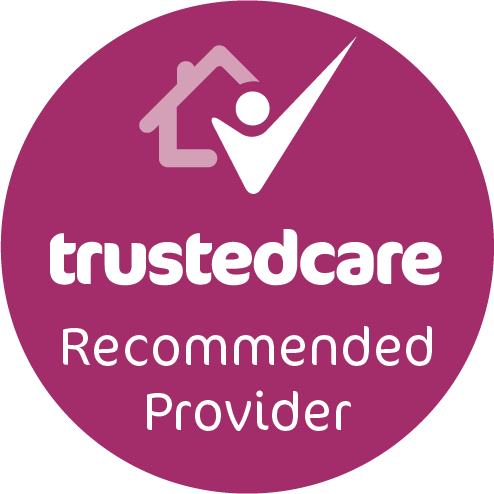
A Senior’s Guide to Staying Safe Online
How to Stay Safe Online as a Senior
As seniors increasingly rely on the internet for communication, entertainment, and access to important information and services, it's important that they stay safe and secure online. Here are five tips to help seniors protect themselves and their personal information while using the internet.
Use strong and unique passwords
It's important to use strong passwords that are difficult for others to guess or hack when creating accounts online. This can help protect their personal information and accounts from being accessed by others.
It's also a good idea to use different passwords for each of your accounts in case someone gets access to one of your passwords.
Be cautious of phishing scams
Phishing scams are fraudulent emails or websites that trick individuals into giving out sensitive information, such as passwords or financial information. Seniors should be wary of any emails or websites that ask them to enter personal information or click on links.
You should try to double-check the sender's email address or website to make sure it's legitimate before providing any information.
Use two-factor authentication
Two-factor authentication is an extra layer of security that requires users to enter a code in addition to their password when logging into an account. Usually, it works by sending a code to the email or phone number you attached to your account.
Two-factor authentication can help prevent unauthorised access to an account, even if someone else has obtained the password. Many online accounts, including email and social media accounts, offer two-factor authentication as an option.
Keep software and devices up to date
Seniors need to keep their devices, such as computers and smartphones, up to date with the latest security patches and software updates. These updates often include fixes for vulnerabilities that could be exploited by hackers.
Use a secure connection
When accessing the internet, it's important to have a secure connection. Avoid accessing sensitive websites when on public WiFi and if necessary, consider using a VPN (Virtual Private Network) service. This can help protect your information from being accessed by others on the same network.
Use antivirus software
Antivirus software is a program that helps protect devices from viruses, malware, and other threats that can compromise their security and performance. You should install antivirus software on your devices, including computers and smartphones, to help protect against these threats.
It's also a good idea to keep the antivirus software up to date, as new threats are constantly emerging. This can help protect against the latest threats and ensure that the antivirus software is effective in protecting the device.
By following these tips in addition to regularly reviewing your online accounts and settings, you can minimise your risk of having an unauthorised person accessing your information.
If you or your loved one might benefit from professional care, contact our friendly team today to discuss their needs.





